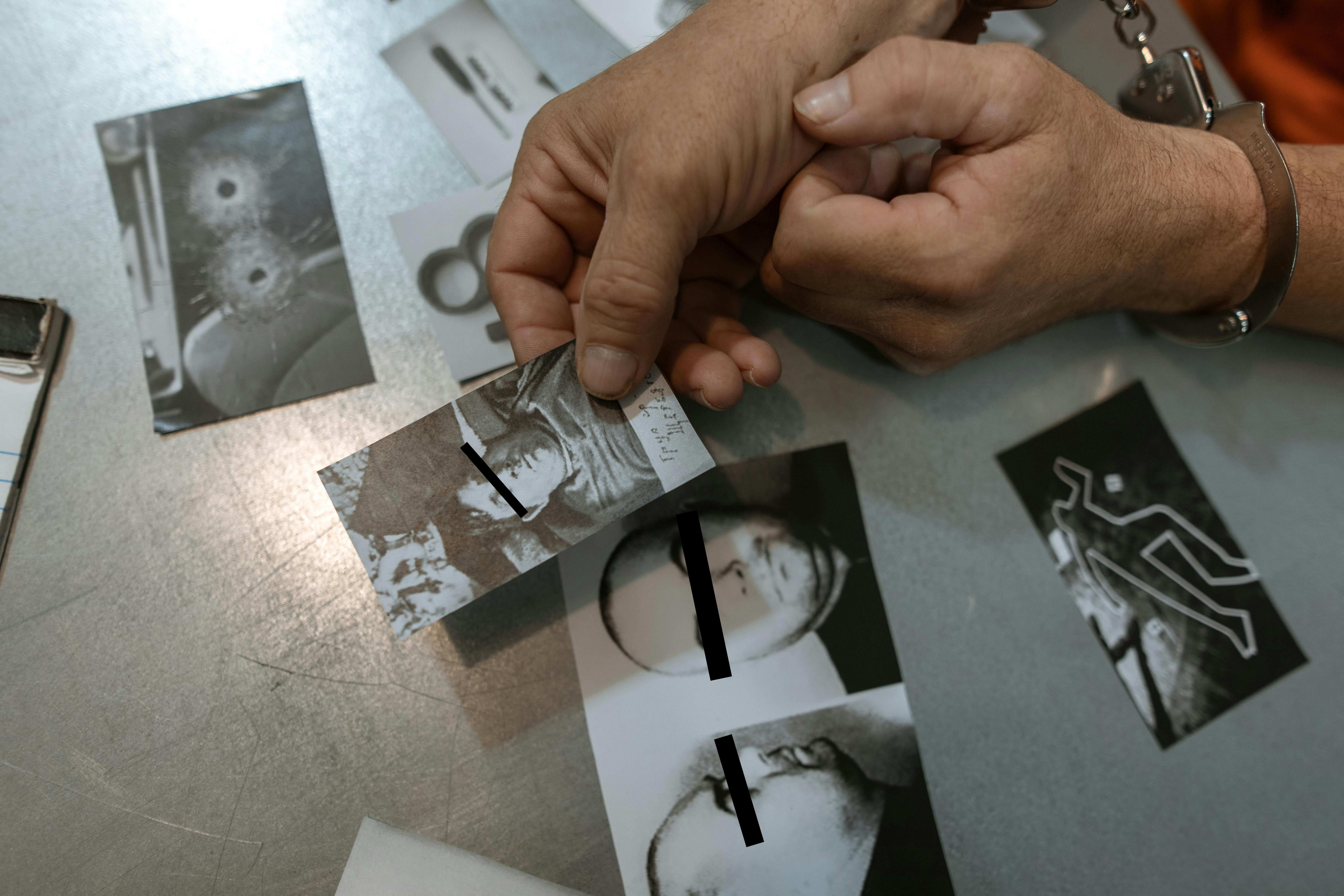Where a word or phrase is found for the first time in the Bible, it often has a meaning or context to consider for the end times, because Christ is “Alpha and Omega; the first and the last”. This is not obscure code that needs an understanding of Hebrew or Greek, nor do we need software. A concordance is helpful and can be found online (Google) The wedding parables are rich in imagery from the time of the Exodus. Here is an example of each of the three wedding parables:
The midnight cry in Matthew 25 is an echo of the midnight cry in Exodus 12 when God executed judgment on Egypt and brought Israel into a covenant, then explained, “I am married to you.” Jeremiah 3:14. God viewed the covenant as a type of marriage relationship. He led Israel into a desert to test what was in their hearts.
Paul said “there would be no [us] ignorant” referring to the Exodus-“all these things happened to them for examples…ends of the world.” 1 Corinthians 10:1,11. We continue with examples:
The Exodus occurred in the context of the Passover. They were to pray that God would pass them by in judgment as they put blood on their doorposts, a foreshadowing of when the Lamb of God (Isaiah 53:3-7; John 1:29) would shed his blood on the cross. Passover is one of the “feasts” in Leviticus 23 and the wedding parable of Matthew 22 shows that the invitation to the feast for the king’s son is ridiculed, verse 5.
The third wedding parable has triple Passover imagery. “Afar girded” in Luke 12:35 is first found in Exodus 12:11. The imagery of the Last Supper in Luke 12:37 points to the Passover, and “watch” is translated from the Greek word gregoreo, meaning to be awake, which was commanded at the Passover, Exodus 12:10.
The Passover was a spring event, but every time Christ told the disciples, “You do not know the day or the hour,” he gave examples that made provision in his law for the Passover a month later, “like the days of Noah” when the Flood came with the Passover time, but in the second month of spring, Gen 7:11.
Another example is when five women missed the wedding. Christ said “watch” [Passover imagery]you don’t know the day or the hour [an idiom meaning you don’t understand] for the kingdom of heaven is like a man traveling to a far country.” Matthew 25:13,14.
After the winter, if they went on a long journey and could not return to Jerusalem for the Passover, they were to keep it a month later, as shown in Numbers 9:10,11. Christ was not implying that they could not know, but that they did not understand [the meaning of the Greek word, eido]. “You don’t know the day or the hour” has been misunderstood and used as a cliché to turn off our brains when there is a deeper meaning.
All of the above points to the Exodus from Egypt as a model for us. It implies bondage (martial law and not free elections) and plagues to set us free (not pre-tribulation rapture). The first plague fell on the Nile, the source of Egypt’s economy. Can we see some parallels?



